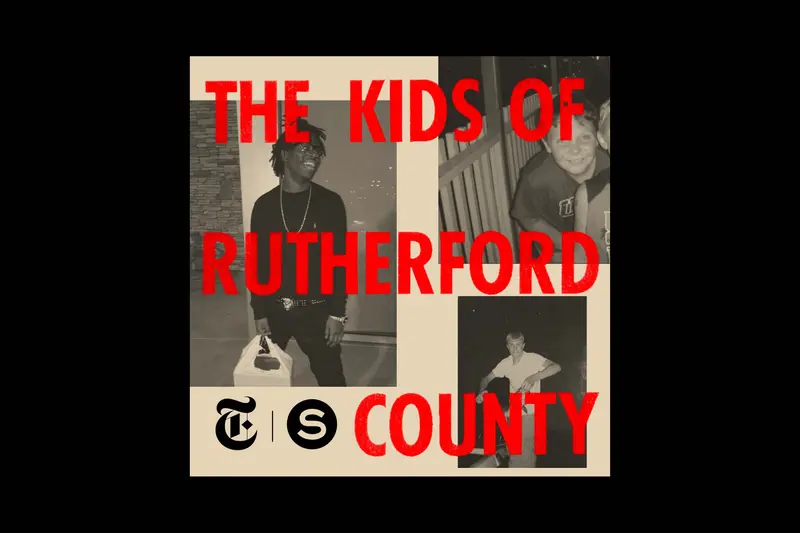ProPublica is a nonprofit newsroom that investigates abuses of power. Sign up for Dispatches, a newsletter that spotlights wrongdoing around the country, to receive our stories in your inbox every week. This podcast was created with Serial/The New York Times and WPLN/Nashville Public Radio.
When a video surfaced of an after-school scuffle, 11 Black children were arrested. Their crime: not stepping in to stop a fight. The arrests set off a firestorm of controversy — and an investigation into the juvenile justice practices in one Tennessee county.
Reporters Meribah Knight with Nashville Public Radio and Ken Armstrong with ProPublica obtained years’ worth of personnel files, state inspection reports, emails, depositions and other records, and reports from all 98 juvenile courts in the state.
What they discovered was that for more than a decade, Rutherford County had arrested and illegally jailed hundreds of children. And behind those decisions was a powerful judge, Donna Scott Davenport, who went unchecked by higher authorities in Tennessee.
That work, done through ProPublica’s Local Reporting Network, led to a series of stories; it also led to an outcry from community leaders and Tennessee lawmakers. The university where Davenport taught a criminal justice class cut ties with her; members of Congress asked the Department of Justice to open an investigation into the county’s juvenile justice system; and Davenport announced that she would step down in 2022 rather than run for reelection.
There was, however, more to tell. In collaboration with Serial Productions and The New York Times, Knight reported and hosted a podcast about the two down-on-their luck lawyers who recognized the broken system and tried to shut it down. “The Kids of Rutherford County” is a four-part narrative series that reveals a juvenile court shrouded by confidentiality rules, illuminating how something so secretive and illegal was allowed to grow. How did this happen? What does it take to stop it? And will the people in charge face any consequences?
Listen to the entire series in the audio player below, or follow the link to your favorite podcast app.
Episode 1: The Egregious Video
A video of little kids fighting in Rutherford County, Tennessee, comes to the attention of a local police officer. Her investigation leads to the arrest of 11 kids for watching the fight. The arrests do not go smoothly.
The arrests lead to a public scandal. But there seems to be a difference in how people on the outside of this juvenile justice system see things and how people on the inside do. What the outside world will eventually learn is that this juvenile justice system has been locking kids up illegally.
Episode 2: What the Hell Are You People Doing?
A young lawyer named Wes Clark begins defending kids at the Rutherford County juvenile court. He quickly sees a troubling pattern: kids jailed for minor offenses, even when the law says they shouldn’t be. But he can’t always persuade the juvenile judge to let those kids out.
Wes is frustrated and demoralized, even more so because no one else at the court seems to think there’s a problem with how things are done there.
That is until Wes meets another lawyer who sees things the way he does. When one of Wes’ clients is held in solitary confinement, they both think they have a case that might finally allow them to strike back.
Episode 3: Would You Like to Sue the Government?
After winning their solitary case, Wes Clark and his law partner Mark Downton get a call from the ACLU: Would they like to represent some kids who were arrested for watching a fight? As Wes begins his research into the case, he comes across a line in a police report saying there was a “judicial requirement” to arrest kids. From this he learns some Rutherford County policies for arresting and jailing kids violate the law. He and Mark realize they have a massive class-action lawsuit on their hands.
Episode 4: Dedicated Public Servants
The lawyers settle their case on behalf of the kids wrongfully arrested or illegally jailed by Rutherford County. The county ends its illegal detention policy, and some kids who were wronged by the system get paid. But none of the people behind the illegal policies face serious consequences. So what’s changed in Rutherford County, and what hasn’t?












